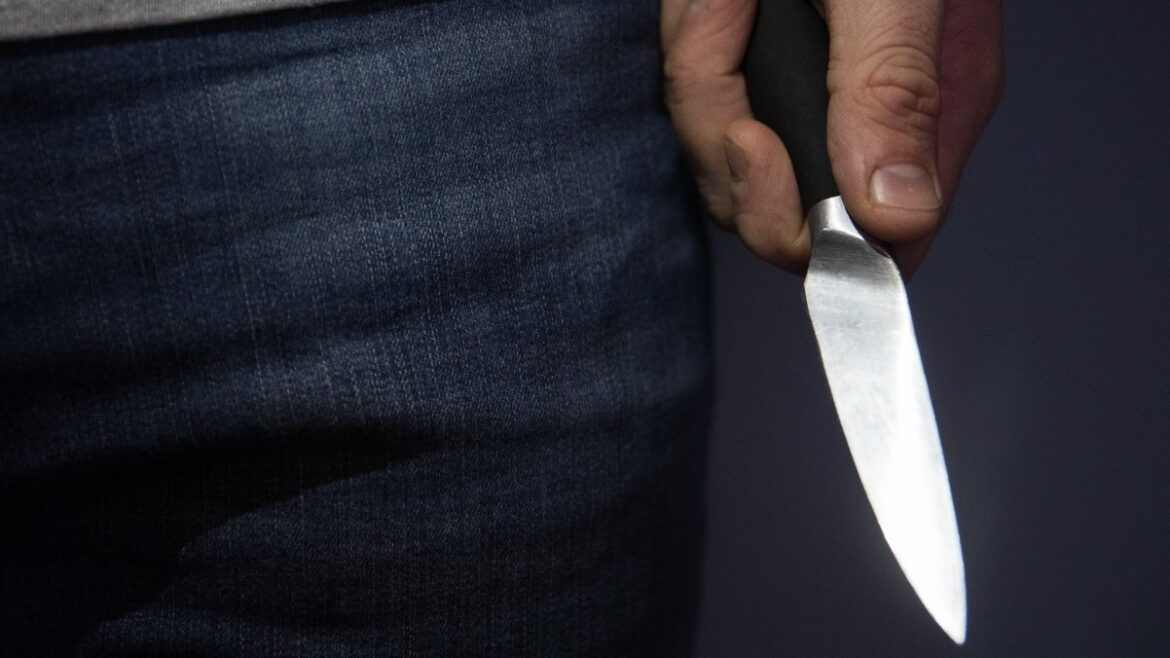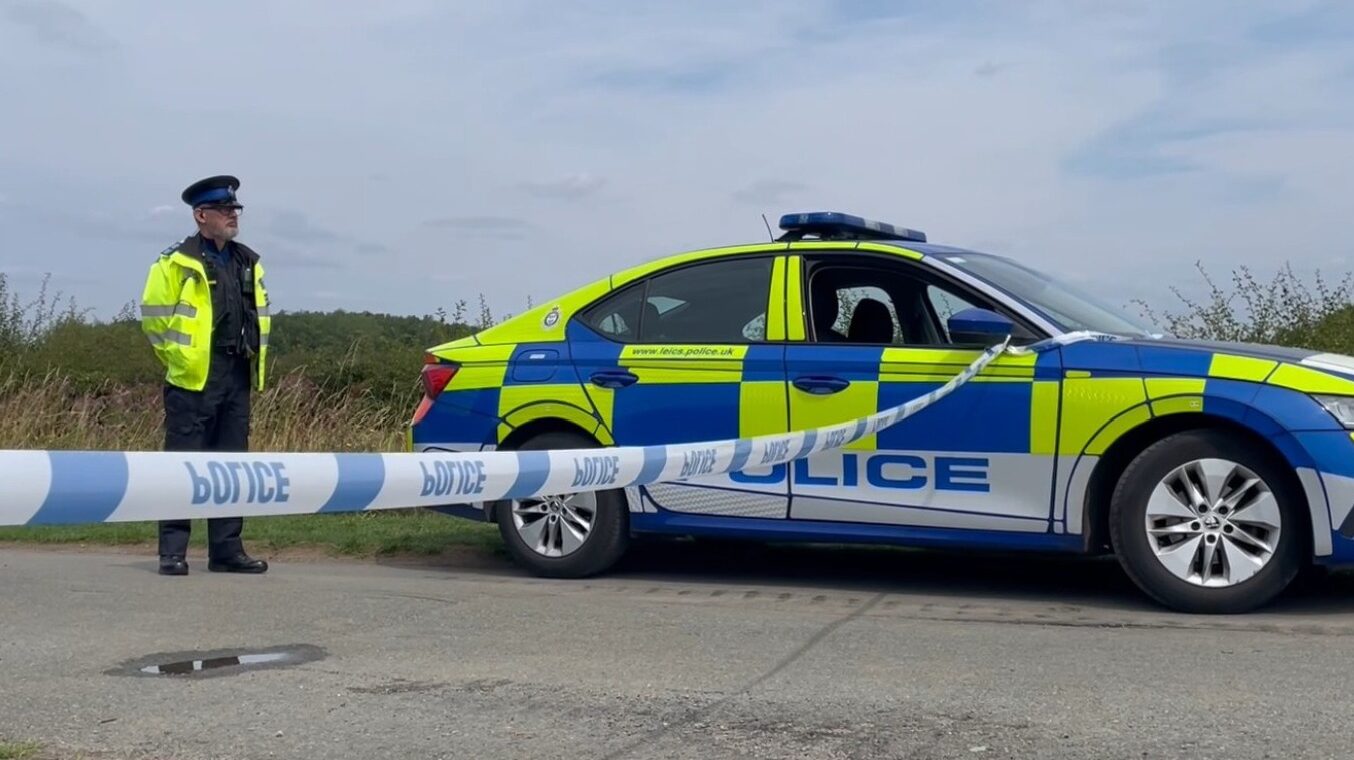Robberies involving a knife, or the threat of one, have reduced in most of the UK’s high-risk areas, according to Home Office data.
Home Secretary Yvette Cooper said the 6% overall annual reduction in knife-enabled robbery incidents is a direct result of targeted police action.
A dedicated police taskforce was set up in October last year focused on seven forces – Metropolitan Police Service, West Midlands, West Yorkshire, South Yorkshire, Greater Manchester, Avon and Sommerset and British Transport Police.
These areas had seen a steep rise in incidents between July 2023 and June 2024, accounting for 70% of knife-enabled robbery at the time.
Drones, knife arches and detection dogs are among the tactics being used in an attempt to bring down the number of incidents, with the forces also increasing visible patrols and the number of plain clothes officers on the streets.
The West Midlands saw the largest drop, with a 25% reduction in incidents in the past year. Meanwhile, Greater Manchester saw a 4% increase in incidents in comparison to last year.
Ms Cooper said: “Since day one, we have acted with urgency to turn the tide on knife crime, which destroys lives and devastates communities.
“When we came to office, knife-enabled robbery was increasing at a concerning rate, but we have now started to drive numbers of those offences down through the work of our dedicated taskforces, and as a result, we have also seen the first small reduction in overall knife crime for four years.
“The drop in knife-enabled robbery in key problem areas shows the impact that our strong new action on knife crime is having, but we now need to supercharge these efforts through more smart and targeted interventions.
“Anyone can be a victim of knife crime, but new ‘hex mapping’ technology shows that the vast majority of knife crime is concentrated in a relatively small, hyper-concentrated number of areas.
“As part of the plan for change, we will use that new technology to support our mission to halve knife crime over the next decade. In the 2020s, the way to be tough on crime and tough on the causes of crime is also to be smart on crime, using the latest technology to target criminals and problem areas, and keep the country safe.”
A ban on ninja swords also comes into force on Friday, as part of the Government’s commitment to halve knife crime in the next decade.
At least a thousand of the weapons have been handed in as part of a surrender scheme.
The Government has also pledged to tackle the sale of weapons online, as part of Ronan’s Law, which was introduced following the death of 16-year-old Ronan Kanda, who was murdered with a ninja sword bought online.
This would require retailers to report bulk or suspicious knife orders to the police, put in place more stringent age-verification checks and impose significant fines on tech executives whose platforms fail to prevent illegal sales.
Mother of Ronan, Pooja Kanda, said: “Ronan was just 16 years old when his life was stolen by a 22-inch ninja sword that should never have been so easy to buy. Ronan’s Law is not only a step towards justice for my son, but for every parent who wants to see their child come home safely.
“This law is about saving lives, closing dangerous loopholes, and holding those responsible to account.
“The Government’s knife surrender scheme has been a sign of commitment to tackling the scourge of knife crime. While there is still much more to do, these are significant steps in the right direction.”
The Home Office has also said a “surrender van” will be deployed at this year’s Notting Hill Carnival.










